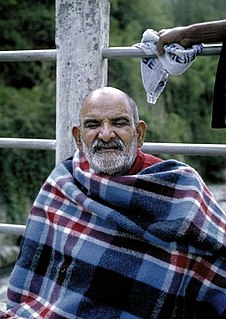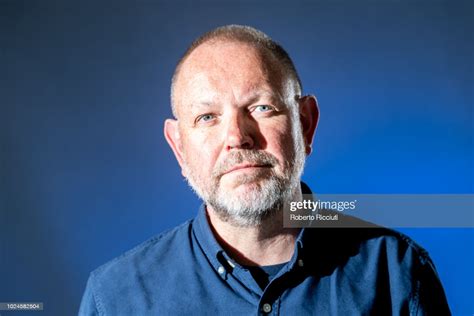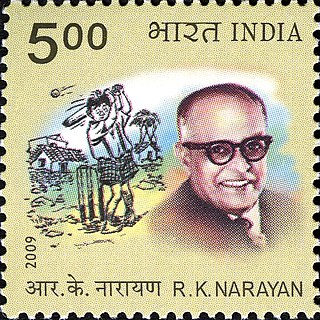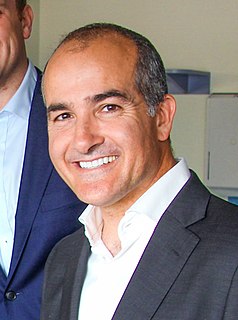A Quote by Narendra Modi
In this land of the Ganga (Varanasi), there was education of culture. But, more importantly, there was a culture of education.
Related Quotes
What is education? Properly speaking, there is no such thing as education. Education is simply the soul of a society as it passes from one generation to another. Whatever the soul is like, it will have to be passed on somehow, consciously or unconsciously, and that transition may be called education. ... What we need is to have a culture before we hand it down. In other words, it is a truth, however sad and strange, that we cannot give what we have not got, and cannot teach to other people what we do not know ourselves.
This education has reduced us to a nation of morons; we were strangers to our own culture and camp followers of another culture, feeding on leavings and garbage . . . What about our own roots? . . . I am up against the system, the whole method and approach of a system of education which makes us morons, cultural morons, but efficient clerks for all your business and administration offices.
The land is the appointed remedy for whatever is false and fantastic in our culture. The continent we inhabit is to be physic andfood for our mind, as well as our body. The land, with its tranquilizing, sanative influences, is to repair the errors of a scholastic and traditional education, and bring us to just relations with men and things.
As a physician, we are taught that learning and education never stop - they are lifelong. I think education comes in various forms: formal, informal, and most importantly, experiential. All of this defines who we are and gives us if you will our abilities to function as leaders. I believe all of those pieces constitute formal education - it is invaluable to who we are and how well we perform.

































